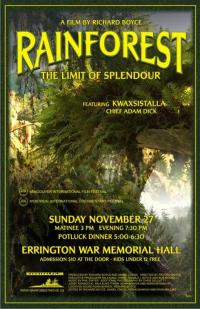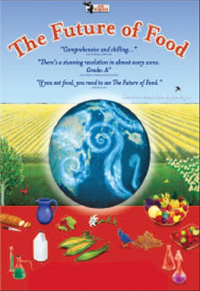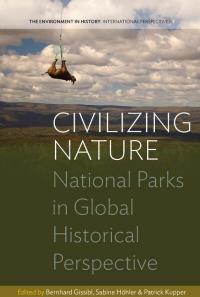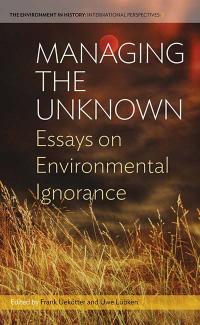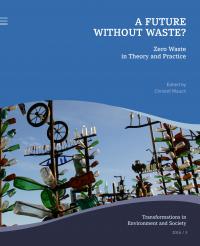Show search results for
The Toxic Legacies Project
This project examines the history and legacy of arsenic contamination at Giant Mine, a large gold mine located on the Ingraham Trail just outside of Yellowknife, Northwest Territories, Canada.
Silence is Gold
This film follows a court case between Canadian mining companies and author Alain Deneault following his critique of industry practices.
Let the Daylight Into the Swamp
This film is the filmmaker’s whimsically reconstructed story of his francophone grandparents and their dramatic personal lives in a remote Canadian northwoods logging camp.
Rainforest: The Limit of Splendour
This film follows the filmmaker to the remote temperate rainforest of Vancouver Island, and shows how modern logging, in contrast to indigenous forestry practices, is leading to its rapid extinction.
People of a Feather
This award-winning film portrays Canada’s indigenous Inuit community and its dependence on eider down, in the face of dwindling eider duck populations as a result of man-made development.
The Future of Food
The Future of Food examines genetically engineered foods, patenting, and the corporatization of food.
Civilizing Nature: National Parks in Global Historical Perspective
National parks are one of the most important and successful institutions in global environmentalism. Shifting the focus from the usual emphasis on national parks in the United States, Civilizing Nature adopts an historical and transnational perspective on the global geography of protected areas and its changes over time.
Managing the Unknown: Essays on Environmental Ignorance
Managing the Unknown offers essays that show that deficient knowledge is a far more pervasive challenge in resource history than conventional readings suggest. Furthermore, environmental ignorance does not inevitably shrink with the march of scientific progress. This volume combines insights from different continents as well as the seas in between and thus sketches outlines of an emerging global resource history.
Ways Out of the Waste Dilemma: Transforming Communities in the Global South
Inspiration for sustainable waste policies and management will likely come from countries in the Global South, where consumerism and discard-oriented production are not yet fully established, where economies are less fixated on growth, and people’s lifestyles are not yet “cocooned in the consumption bubble.” Drawing on examples of informal and cooperative recyclers in Brazil, Gutberlet argues that these workers have developed effective practices and policies supporting circular economy, sufficiency, and solidarity.






